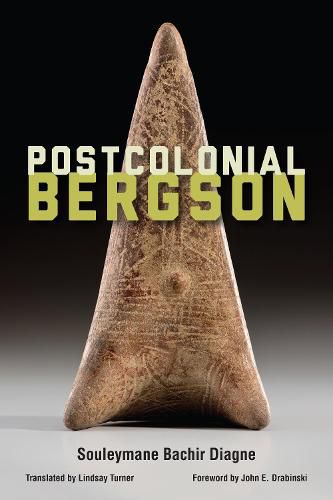Postcolonial Bergson
Souleymane Bachir Diagne

Postcolonial Bergson
Souleymane Bachir Diagne
Henri Bergson has been the subject of keen interest within French philosophy ever since being championed by Gilles Deleuze and others. Yet his influence extends well beyond European philosophy, especially within Africa and South Asia. Postcolonial Bergson traces the influence of Bergson’s thought through the work of two major figures in the postcolonial struggle, Muhammad Iqbal and Leopold Sedar Senghor. Poets and statesmen as well as philosophers, both of these thinkers-the one Muslim and the other Catholic-played an essential political and intellectual role in the independence of their respective countries. Both found, in Bergson’s work, important support for their philosophical, cultural, and political projects.
For Iqbal, a founding father of independent Pakistan, Bergson’s conceptions of time and creative evolution resonated with the need for the reconstruction of religious thought in Islam, a religious thought newly able to incorporate innovation and change. For Senghor, Bergsonian ideas of perception, intuition, and elan vital-filtered in part through the work of the French philosopher Pierre Teilhard de Chardin-proved crucial for thinking about African art, as well as foundational for his formulations of African socialism and his visions of an unalienated African future.
At a moment of renewed interest in Bergson’s philosophy, this book, by a major figure in both French and African philosophy, gives an expanded idea of the political ramifications of Bergson’s thought in a postcolonial context.
This item is not currently in-stock. It can be ordered online and is expected to ship in approx 4 weeks
Our stock data is updated periodically, and availability may change throughout the day for in-demand items. Please call the relevant shop for the most current stock information. Prices are subject to change without notice.
Sign in or become a Readings Member to add this title to a wishlist.


